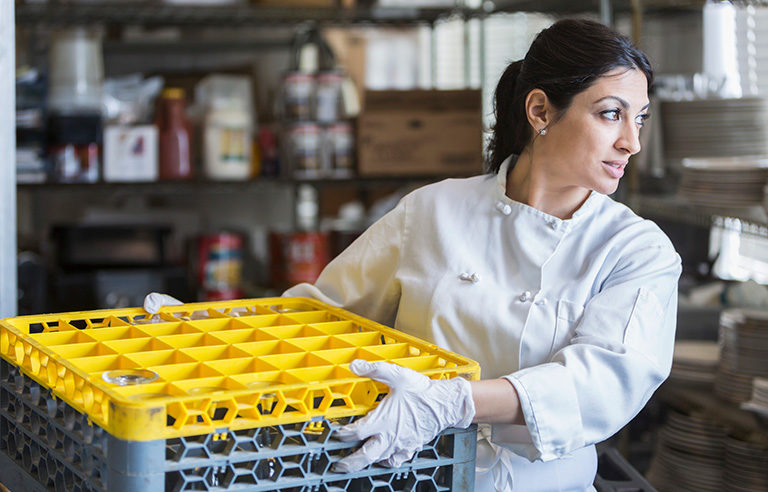Heavy lifting, shift work could affect women’s fertility: study

Photo: kali9/iStockphoto
Boston – Women whose jobs require heavy lifting or shift work may experience decreased fertility levels, according to a study from the Harvard T.H. Chan School of Public Health.
Researchers analyzed nearly 500 women who sought infertility treatment at Massachusetts General Hospital from 2004 to 2015. Women who reported lifting or moving heavy objects as part of their jobs had 8.8 percent fewer total eggs and 14.1 percent fewer mature eggs compared to women who reported no such lifting. Meanwhile, women who worked non-daytime schedules also had fewer eggs, the researchers said. The link was especially strong among women who were overweight, obese or at least 37 years old.
Doctors do not yet understand why heavy lifting could affect egg quality, researchers said. However, the link between shift work and egg quality could have to do with circadian rhythm disruption.
“Our study suggests that women who are planning pregnancy should be cognizant of the potential negative impacts that non-day shift and heavy lifting could have on their reproductive health,” lead author Lidia Minguez-Alarcon, research fellow in Harvard’s Department of Environmental Health, said in a press release.
The study was published online Feb. 7 in the journal Occupational and Environmental Medicine.
Post a comment to this article
Safety+Health welcomes comments that promote respectful dialogue. Please stay on topic. Comments that contain personal attacks, profanity or abusive language – or those aggressively promoting products or services – will be removed. We reserve the right to determine which comments violate our comment policy. (Anonymous comments are welcome; merely skip the “name” field in the comment box. An email address is required but will not be included with your comment.)

